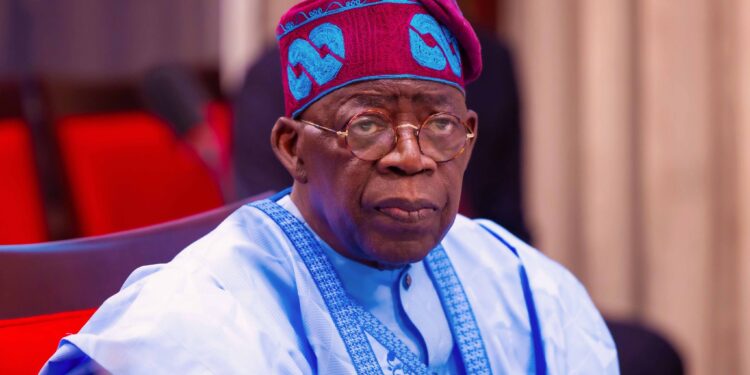Nigeria, under the administration of President Bola Tinubu, has secured a total of $2.7 billion in loans from the World Bank, addressing various sectors amid concerns about rising external debt servicing costs.
These funds, allocated across crucial sectors, are expected to drive transformative initiatives and address pressing concerns over escalating external debt servicing costs.
The breakdown of the approved loans reveals a comprehensive approach to nation-building: $750 million earmarked for the power sector’s recovery, $500 million dedicated to empowering women through the Nigeria for Women Programme, $700 million allocated for adolescent girls’ education under the AGILE project, and a significant $750 million directed towards renewable energy solutions through the DARES project.
The World Bank’s acknowledgment of Nigeria as the foremost recipient of its 2022 loans, surpassing even Tanzania, underscores the nation’s strategic positioning for economic revitalization. As of September 30, 2023, Nigeria’s debt to the World Bank stands at $14.58 billion, prompting cautious scrutiny amid rising debt service costs, which surged by a staggering 277.64% in the third quarter of 2023.
While concerns persist, economic expectations are high as the loans are anticipated to catalyze growth and development. The infusion of funds comes against the backdrop of global economic challenges, and Nigeria’s ability to strategically channel these resources is seen as a pivotal factor in navigating the complexities of the current financial landscape.
As the nation grapples with these economic dynamics, the World Bank’s call for coordinated action to address high debt service costs resonates. The impact of these loans on Nigeria’s economic trajectory is eagerly anticipated, with hopes that they will serve as a catalyst for sustainable development, infrastructure enhancement, and increased resilience in the face of global economic uncertainties.
pted calls for coordinated action to address the situation.










